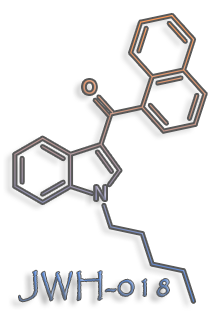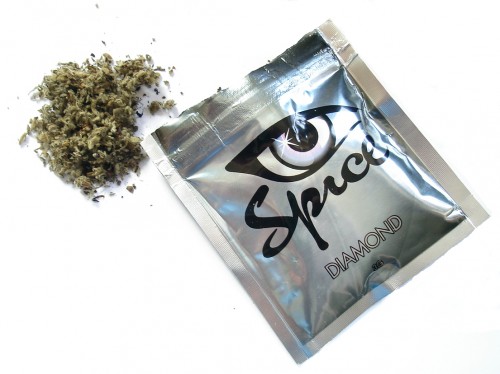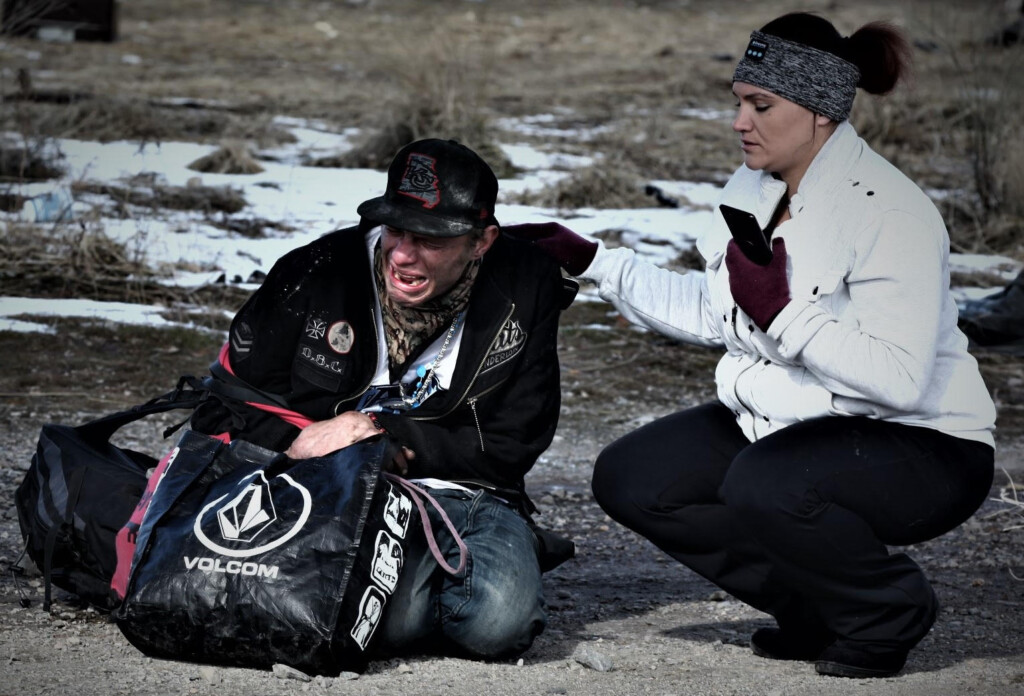SLC police are attempting to crack down on Spice: but there’s a problem, it’s not illegal. . . yet.
He who controls the spice, controls the universe!
-Baron Vladimir Harkonnen
The Unified Police Dept. Drug Court Unit are preemptively enforcing proposed legislation to ban synthetic cannabanoids that have been found in products like Spice. On May 12, Fox 13 joined the police to deliver a letter to many smoke shops in the Valley that said, “We are asking for your business to cease selling any product classified as “Spice”. After this notice has been delivered and continued sales are realized your business may be subject to criminal investigation for distribution of psychotoxic chemical solvents.”
 The media did not cover the empty and illegal threats officers issued to local shop owners, but I suppose that’s the price they paid to get coverage of a real “drug raid.” Instead they chose to name and shame business owners, many of whom had no problem cooperating with the police and removing it from the shelves. A local smoke shop owner who asked to remain anonymous said, “we just gave it up, we don’t need the hassle from the police. I’m not a fan of their gestapo tactics, you know, ‘I’m going to put you on a list.’” The owner said he gave up a lot of revenue but, “I don’t want to sell anything to kids.” The main objection the police gave shop owners is that youth are consuming Spice, which is not “intended for human consumption”, as indicated on packaging. There are no age restrictions on its sale but clearly shop owners sell at their own discretion.
The media did not cover the empty and illegal threats officers issued to local shop owners, but I suppose that’s the price they paid to get coverage of a real “drug raid.” Instead they chose to name and shame business owners, many of whom had no problem cooperating with the police and removing it from the shelves. A local smoke shop owner who asked to remain anonymous said, “we just gave it up, we don’t need the hassle from the police. I’m not a fan of their gestapo tactics, you know, ‘I’m going to put you on a list.’” The owner said he gave up a lot of revenue but, “I don’t want to sell anything to kids.” The main objection the police gave shop owners is that youth are consuming Spice, which is not “intended for human consumption”, as indicated on packaging. There are no age restrictions on its sale but clearly shop owners sell at their own discretion.
WHAT IS SPICE?
Spice is packaged as an herbal incense. The labeled ingredient is damiana— a plant reputed as an aphrodesiac and mild laxative when drank as a tea. But a whole host of damiana products have been investigated by many European countries, U.S. states and City Weekly reports our own Utah State Police Lab finds the leaves are laced with synthetic cannaboids HU-210 and JWH-018. The chemicals act on the brain differently then THC but produce very similar results. Because the synthetics have a different structure than THC, they are a new legal area. There is currently no test to detect synthetic cannabanoids and little research has been done on the side effects of smoking spice.
Instead of cutting sales, the recent news broadcast and past coverage by every other news station in SLC only caused a skyrocket in sales.The more smear the better for Spice. With the history of state-controlled substances in Salt Lake City, those prone to skepticism might wonder why the police would take along a news station to deliver such a letter, if their intention is to have an impact to educate the public and decline sales? There’s even a part in the Fox broadcast where Sgt. VanWagoner, the contact person named on the letter said that the chemical found in Spice- JWH-018 is 60-800 times stronger than THC. What kind of a range is that? It’s sensationalism. Other crime labs and Chemistry World say JWH-018 is four to five times more potent.
 Another interesting fact is that the Black Mamba company (Another synthetic cannabanoid product) started in Salt Lake City, and has been in the market for years. One shop owner (who wished to not be identified) said, “The whole smoke business in Utah is kind of a game we’re playing. You’re walking a thin line and you have to be politically correct. You just don’t want to say it, but they [Police] know what it is.” Spice is an untested synthetic version of something that a lot of people clearly desire to get but without the stigma.
Another interesting fact is that the Black Mamba company (Another synthetic cannabanoid product) started in Salt Lake City, and has been in the market for years. One shop owner (who wished to not be identified) said, “The whole smoke business in Utah is kind of a game we’re playing. You’re walking a thin line and you have to be politically correct. You just don’t want to say it, but they [Police] know what it is.” Spice is an untested synthetic version of something that a lot of people clearly desire to get but without the stigma.
One of the newer smoke shops said that the sale of Spice has been over 20% of their total profits, and the more established stores make more. People are buying it and paying the 6.85% sales tax. With all of the real crime spikes of the summer months perhaps the Police can call this battle off for now. Lawyers for the Spice and Black Mamba companies and that said Spice can’t be made illegal until the next session in October, and the law couldn’t be enforced until March. Since the May 12th visit many shop owners have been compelled to stop selling Spice, and the ones that continue are selling more then ever.
Spice is just another chapter in the wacky world of law enforcement of “controlled substances” in Utah. §


